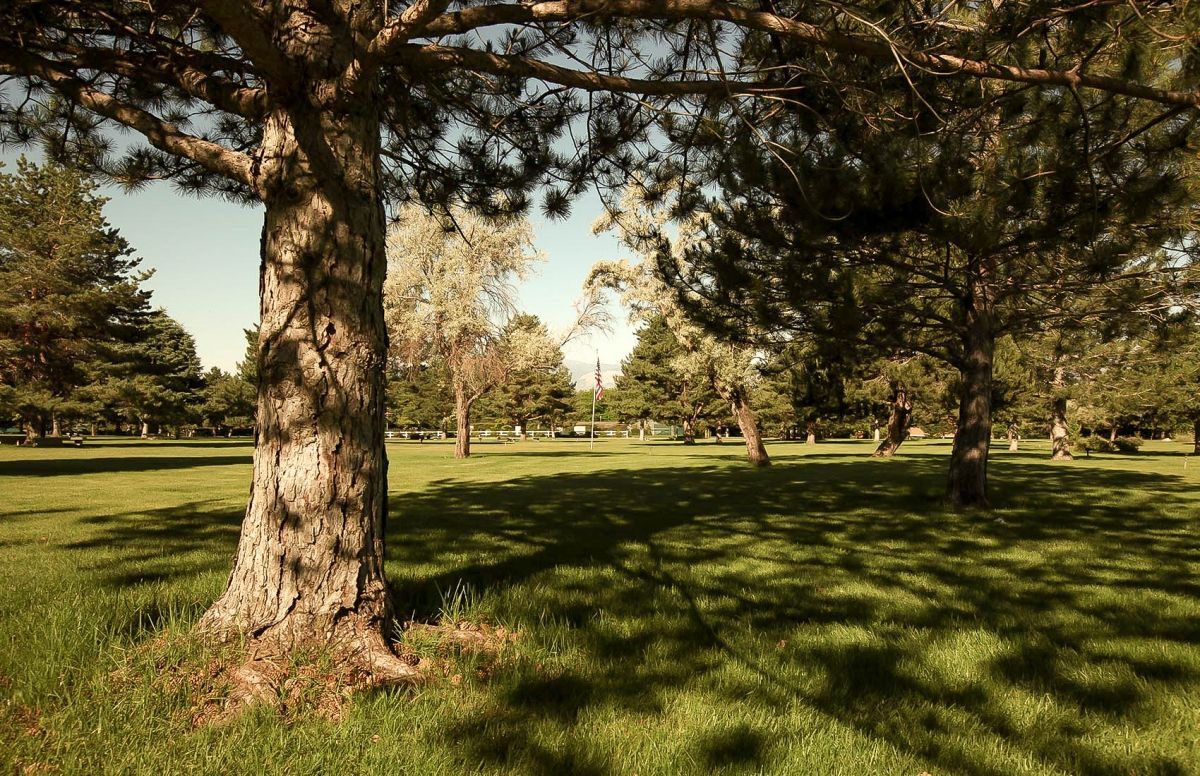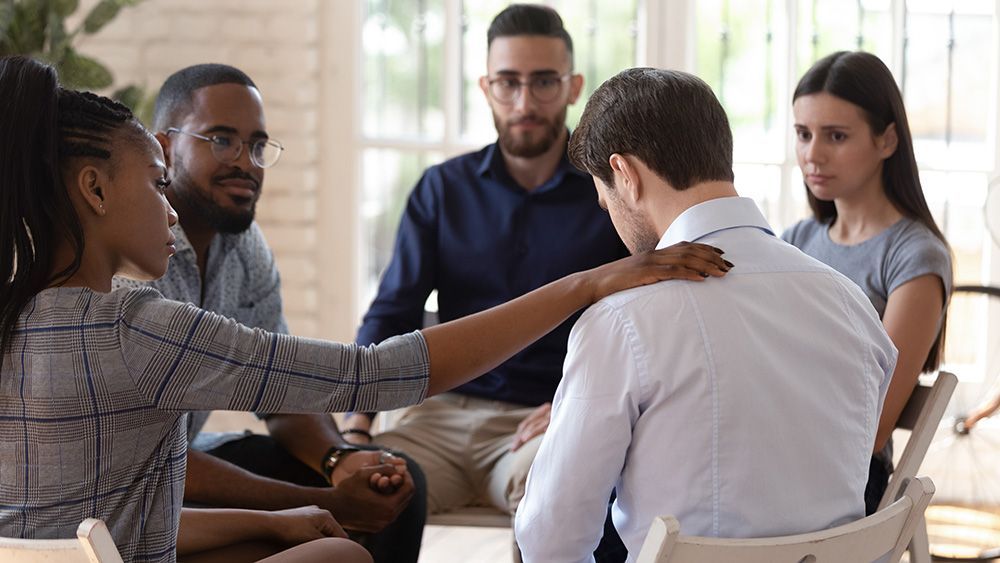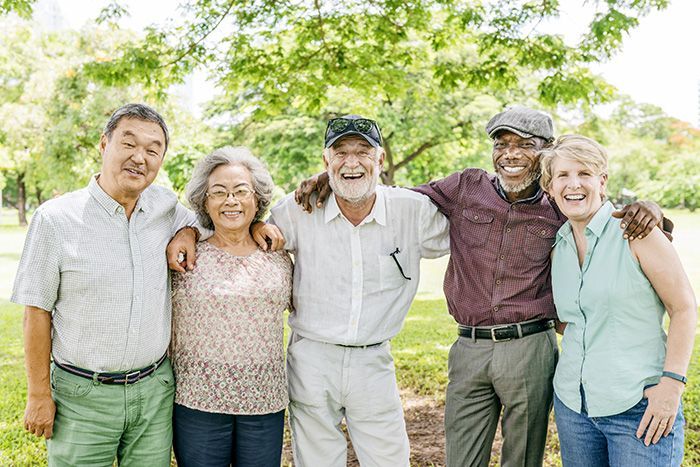GRIEF COUNSELING
Grief Counseling
Memorial's Free in-house Grief Counseling
At Memorial Mortuaries and Cemeteries, we understand the importance and difficulty of grief. It is with that understanding that we offer free grief counseling to anyone in the community, regardless of their funeral home choice. Our licensed, on staff grief counselor holds both group and individual sessions, depending on your needs. If you want to speak with our grief counselor by phone or in person, you may contact Amanda Nelsen, CMHC, at amanda.nelsen@securitynational.com or 801-718-1520.

Do I need grief counseling?
Unfortunately, death is part of life. We will all grieve in our lifetime. Heavy, intense, and long-lasting negative emotions are very normal after a death.
You may be wondering if grief counseling would help with those feelings or be able to “speed up” the grieving process. Others may have told you that you need to see a grief counselor. It can be confusing to know when to seek professional help. Below are some items to consider if you are uncertain if grief counseling would help you.
(It should be noted that many of the below items are not a cause for concern in the immediate aftermath of the death, but if they are still present in months or years following the death, they may be more problematic.)
• Do you have recurrent thoughts of suicide or wanting to die so you can be with your loved one?
• Are you worried about how you are coping with the death of your loved one?
• Has your sleep, appetite, or weight changed considerably since the death of your loved one?
• Do you have intense confusion or a very difficult time concentrating since your loved one’s death?
• Do you feel extreme rage or paralyzing sadness on a regular basis?
• Do others tell you that you are not coping well?
If you feel that many of the above items apply to you, it may be time to seek out professional help. The most important way to know if you might need help is if you feel that your quality of life has been significantly, and negatively, changed and you have been unable to find relief over time.
Most people will not want or need grief counseling. However, others find comfort in having a neutral place to go where you can talk with a professional about your thoughts and concerns. Some people seek this out immediately after a death – others wait months or years.
Grief counseling may be short or long term. It might involve individual, family, or group therapy. Many clients only come one or two sessions to ask questions, others come regularly for months. There is no set plan for grief counseling; you can work with the counselor to figure out what will be most helpful for you.
If you want to speak with a grief counselor by phone or in person, you may contact Amanda Nelsen, CMHC, at amanda.nelsen@securitynational .com or 801-718-1520. We do not charge for our grief services.
What to Expect at a Grief Group Session
Groups are open to any member of the community who has had a loss at no charge. Participants are seeking help and support – they are free to participate at any level they are comfortable (talking, just observing, crying, etc.). There will be a professional facilitator who will have experience dealing with the emotions of grief. The facilitator will help participants process their grief and bring information about dealing with grief.
Comfort is Important
In a group, you want to feel comfortable sharing. You want to give and receive support. If you feel the group isn’t helpful, please speak with the facilitator. Some attend for months or years while others find the need to only go a few times. It is up to the individual.
Please call Amanda Nelsen at (801) 718-1520 if you’d like to attend one of our group sessions.
Adapted from www.dying.lovetoknow.com

Possible Session Topics
- Grief during the holidays
- What to do with the loved one’s possessions
- Meaningful rituals
- Establishing memorials
- Handling co-workers and family members
- Dealing with depression
- Re-engaging in life

Common Rules for Support Groups
- Confidentiality
- Respecting each other
- Taking turns to talk

Group Goals
- Self-awareness
- Healing
- New friends
- Support of others
- A way to learn coping skills
Here to Help
Our specialists are prepared to help you and your family to best honor and remember your loved ones that have passed away, and plan ahead for the future.



